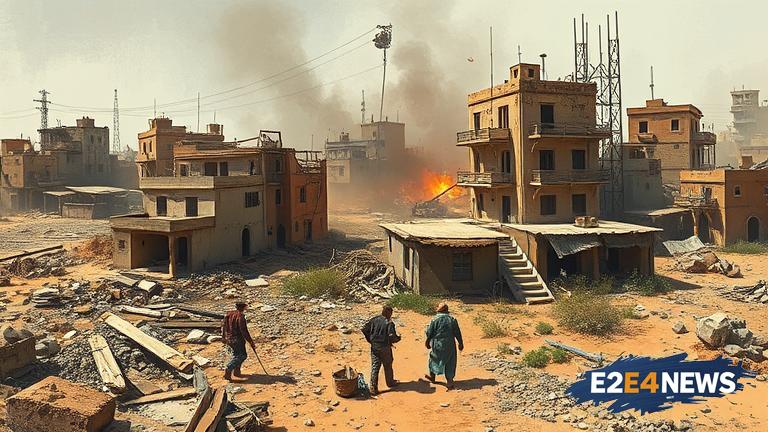The Gaza Strip has been embroiled in a devastating conflict, with dozens of Palestinians killed by Israeli fire, according to officials. The situation has been further complicated by a worsening hunger crisis, which has left many residents struggling to access basic necessities. The conflict has been ongoing for years, with periods of relative calm punctuated by outbreaks of violence. The latest escalation has resulted in significant loss of life, with many more injured or displaced. The Israeli military has been conducting operations in the region, citing security concerns and the need to combat militant activity. However, Palestinian officials and human rights groups have condemned the actions, arguing that they are disproportionate and indiscriminate. The humanitarian situation in Gaza is dire, with widespread poverty, unemployment, and food insecurity. The hunger crisis has been exacerbated by a blockade imposed by Israel and Egypt, which has restricted the flow of goods and people into the territory. Many residents are reliant on international aid, which is often insufficient or delayed. The crisis has had a disproportionate impact on vulnerable populations, including children, women, and the elderly. The international community has called for an end to the violence and a lifting of the blockade, but so far, there has been little progress. The United States, European Union, and other major powers have urged restraint and a return to negotiations, but the situation remains volatile. The conflict has also had a significant impact on the regional economy, with trade and commerce severely disrupted. The Palestinian economy is heavily dependent on international aid, and the crisis has further weakened its already fragile state. The social and psychological toll of the conflict should not be underestimated, with many residents experiencing trauma, anxiety, and depression. The crisis has also had a significant impact on the environment, with damage to infrastructure, agriculture, and natural resources. The international community must take urgent action to address the crisis, including providing humanitarian aid, promoting a ceasefire, and supporting a negotiated settlement. The situation in Gaza is a stark reminder of the need for a comprehensive and sustainable solution to the Israeli-Palestinian conflict. A lasting peace will require significant concessions from both sides, as well as a commitment to human rights, justice, and equality. The alternative is a continued cycle of violence, poverty, and suffering, which is unacceptable. The world must come together to demand an end to the bloodshed and a new era of peace and cooperation in the region. The people of Gaza deserve nothing less, and it is our collective responsibility to ensure that their rights and dignity are respected. The crisis in Gaza is a complex and multifaceted issue, requiring a nuanced and comprehensive response. It is imperative that we prioritize the protection of civilians, the promotion of human rights, and the pursuit of a just and lasting peace.
